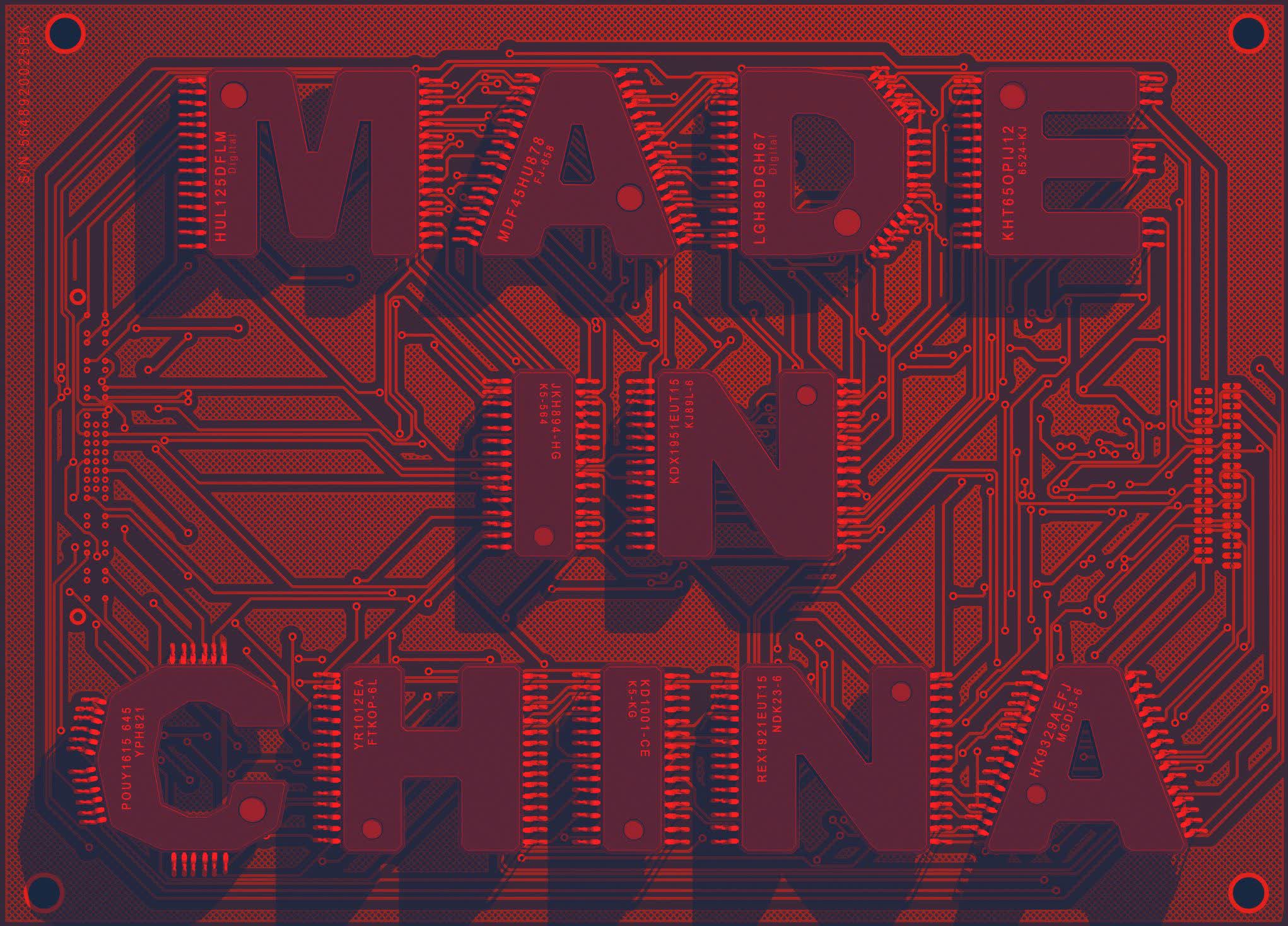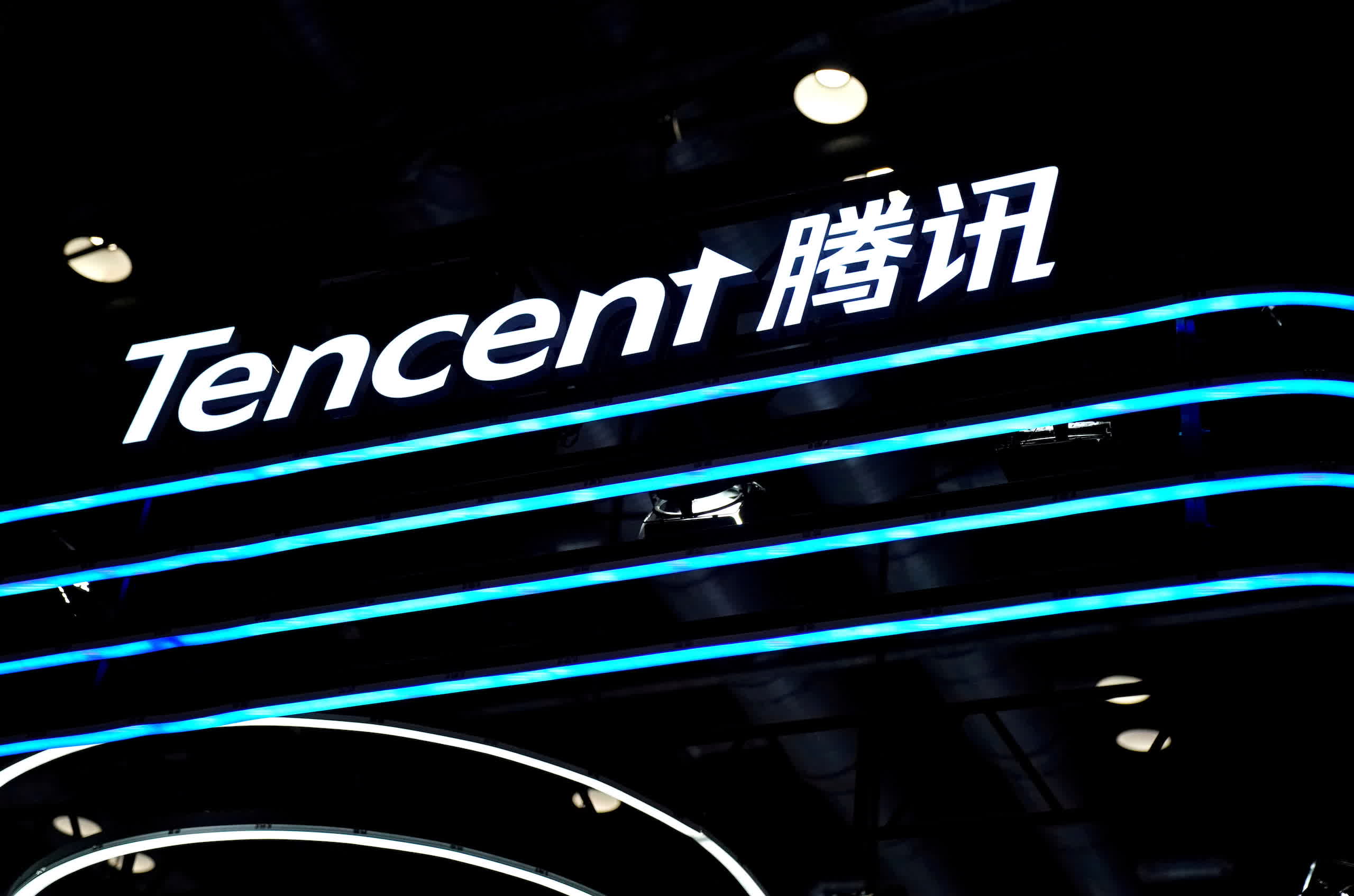The big picture: With so much news about the chip shortage and Arm-based processors that are slowly eating the digital world, it's easy to miss that China's tech giants have been making progress with custom silicon for the data center. Companies like Tencent and Alibaba are slowly replacing foreign chips with homegrown solutions they claim are faster and most efficient, and this process is expected to accelerate in the coming years.
A lot of attention has been directed towards the ongoing chip shortage, Nvidia's $54 billion takeover of Arm, and Apple's transition to custom Arm-based silicon that's both powerful and more energy-efficient than competing solutions from the x86 space. Meanwhile, Chinese tech giants like Tencent and Alibaba have been working on custom Arm-based silicon of their own and almost no one has noticed their efforts.
Today, Tencent launched three self-designed chips that it says will help boost China's semiconductor efforts. At the same time, the move signals the company's expansion beyond things like video games, social media (WeChat), and mobile payments services.

One of the chips, dubbed Zixiao, is an accelerator for machine learning tasks such as processing images, video, and natural language. The second is a video transcoding chip called Canghai, and the last is a network interface controller chip named Xuanling.
Dowson Tong Taosang, the president of Tencent's cloud and smart industries group, said "chips are the key component of hardware and the core infrastructure of the industrial Internet." Tencent has a long-term vision of what it wants to accomplish with custom silicon, but it wouldn't say which foundry made its chips or what it plans to develop next.
The news comes weeks after its local rival, Alibaba, launched a custom Arm-based processor called Yitian 710. The new CPU will be used in the company's Panjiu servers and won't be sold commercially. Since the new chip is based on 5nm process technology, that leaves only two guesses as to which foundry makes them: Samsung or TSMC.
Tencent and Alibaba are the biggest players on China's cloud infrastructure services market, with a combined market share of 52.6 percent as of writing. Their efforts are driven by China's plan to achieve technological self-sufficiency by 2025 and gradually replace foreign technology used across its public infrastructure with homegrown solutions.
